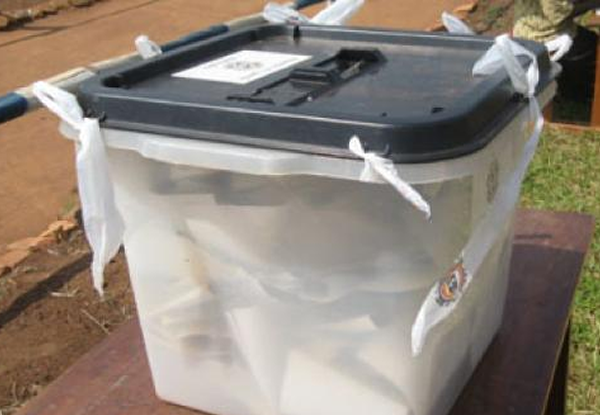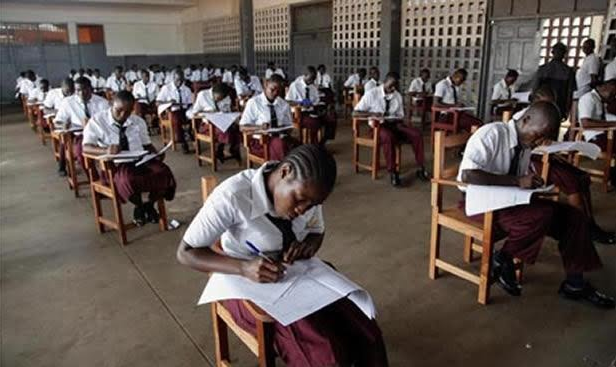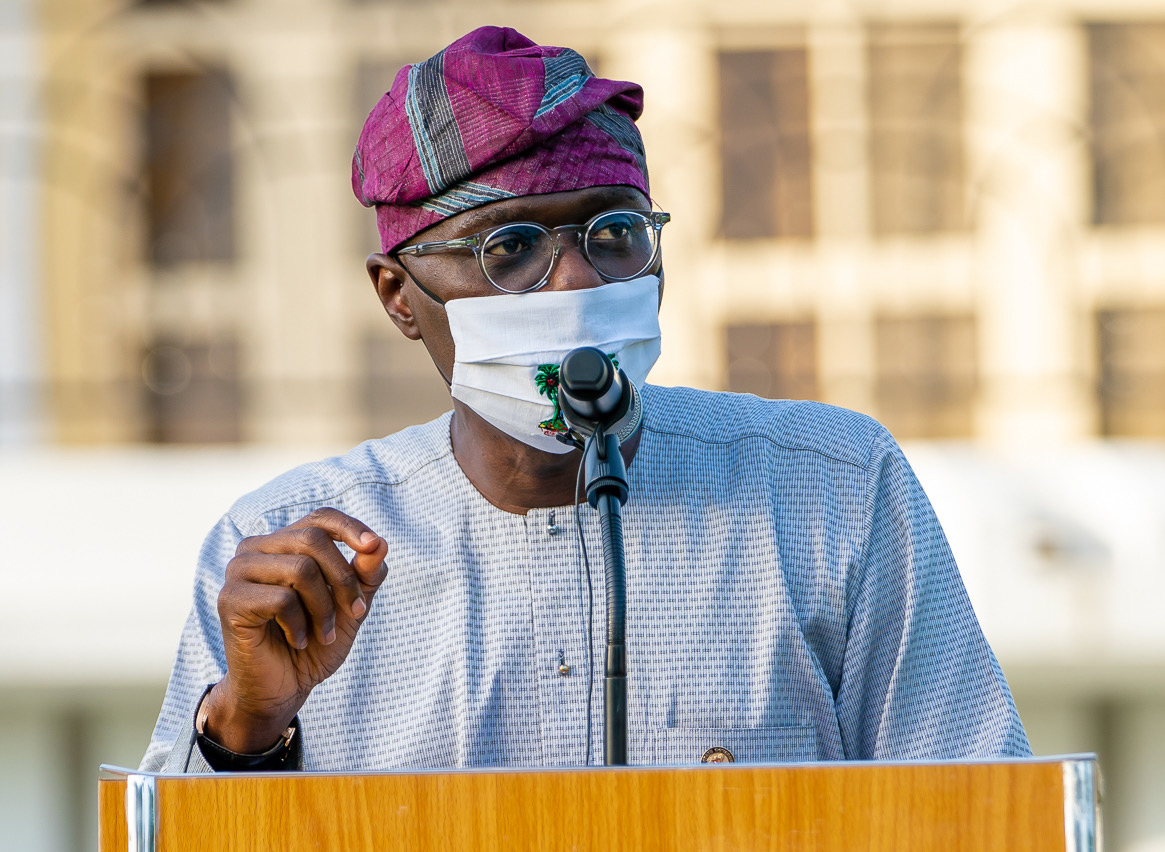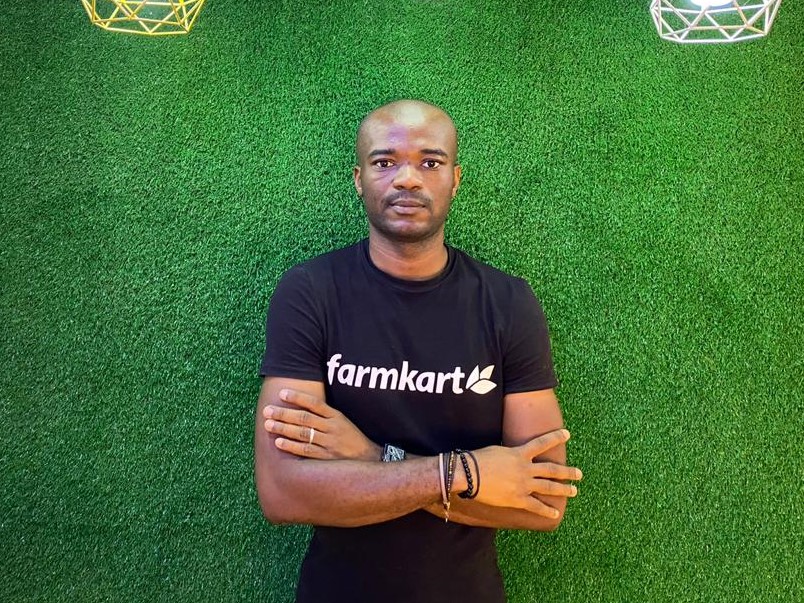YIAGA Africa, a civil society organisation, has alleged that the Nasarawa central state constituency bye-election was marred by vote-buying.
On Saturday, the Independent National Electoral Commission (INEC) conducted a bye-election in 44 polling units in the constituency to fill in the vacancy created by the death of Suleiman Adamu.
Adamu died in May as a result of complications from COVID-19.
In a statement on Wednesday, Samson Itodo, executive director of YIAGA Africa, said the organisation’s field observers reported that some residents sold their votes for as low as N500.
Advertisement
“Despite low voter turnout, technological challenges, and non-compliance with some public health guidelines, the election was peaceful with no incidences of violence. The security agencies maintained professional conduct throughout the election,” he said.
“The voters in Nasarawa LGA deserve commendation for their resilience to participate in the election despite the logistical hiccups that resulted in the late commencement of voting in several polling units and the risks associated with the COVID-19 pandemic.
“While INEC took some measures to follow COVID-19 health guidelines including providing Personal Protective Equipment (PPE) like face masks, hand gloves, thermometer for temperature checks and hand sanitizers at all observed polling units and sanitizing all voters’ fingers before reading their fingerprints with the Smart Card Reader, INEC experienced challenges maintaining physical distance between voters and ensuring that all voters wore face masks/coverings while at the polls.
Advertisement
“In addition to massive vote buying, political parties provided facemasks and handwashing equipment at the polling units to lure voters to cast their votes. It is evident that INEC and other health institutions will need to take measures based on lessons learned from this election to guarantee the enforcement of health safety guidelines during subsequent elections amidst COVID-19, particularly for the upcoming off-cycle governorship elections in Edo and Ondo.
“Political parties, candidates, and politicians still engaged in and abetted vote-buying in the full glare of the public and security personnel. The secrecy of the ballot was severely compromised by party agents who interfered with the voting process and engaged in vote-buying and voting by proxy. Votes traded between N500 and N1,000 across polling units observed, especially in PU 004, UNG Mallam, PU 005, and PU 006 Angwan Dutse.”
Add a comment







